

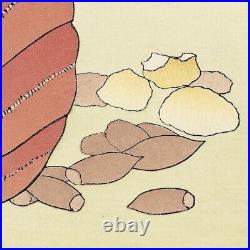
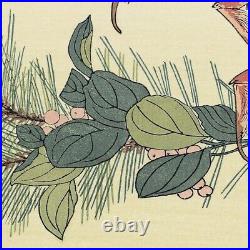
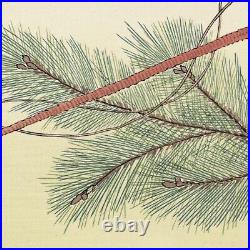


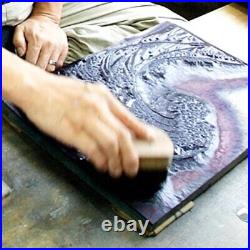
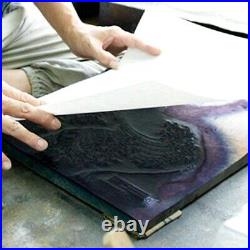

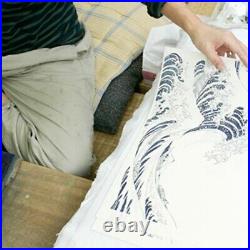

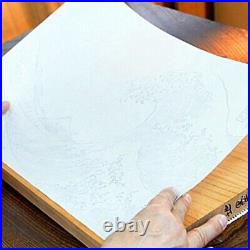
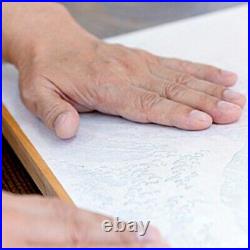
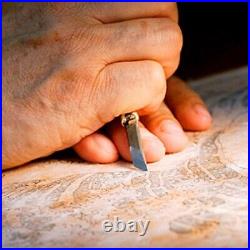
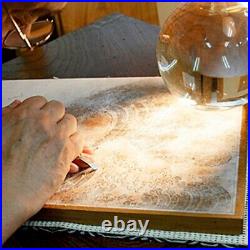


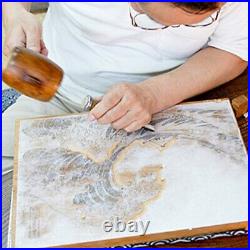


This product is a reprint of Ukiyo-e? What is the difference between reprinted ukiyo-e and ukiyo-e produced in Japan’s Edo period? It makes no difference. The only difference is the era in which they were made. The woodblocks are re-carved and hand-printed one by one on traditional Japanese paper. The greatest attraction of ukiyo-e is the unique soft texture of Japanese paper and woodblock prints, and the vivid colors that people of the time must have enjoyed. ¦Image size:7.9inch × 21.6inch. ¦Paper:Washi(Japanese traditional paper:Echizen Seiji Hosho). ¦At that time, it was a custom-made product. Spiny lobster is a symbol of longevity, and Princess Komatsu also has the meaning of longevity and marital harmony, making it a very auspicious design. The senryo no mi, katsu chestnuts, and shii no mi, which are drawn together, are also very auspicious works, wishing for wealth and victory. He is considered one of the most famous artists in Japan. His real name was Katsushika Hokusai, but he was also known by names such as Utamaro, Hokushu, and Taito. Hokusai was one of the important pioneers of ukiyo-e, a genre of woodblock prints and paintings. His works had a unique style characterized by vivid expressions and strong movements. He covered a wide range of subjects in his art, including landscapes, figures, animals, mythology, and legends. One of his most famous series is “Thirty-Six Views of Mount Fuji” (also known as “Fugaku Sanjurokkei”), and among them, the masterpiece “The Great Wave off Kanagawa” is widely recognized as Hokusai’s representative work and one of the iconic pieces of Japanese ukiyo-e. Hokusai’s painting techniques have been passed down through the generations and have influenced numerous subsequent artists. His works were widely acclaimed during his time and continued to have a significant impact on later Japanese art styles. They particularly had a profound influence on Impressionism and modern European art. In addition to artistic creations, Hokusai wrote many books on painting theory and techniques, which became important resources for later art education and painting studies. His publication “Hokusai Manga” is a collection of illustrated works in a comic-like format, showcasing various techniques for depicting figures, animals, landscapes, and other elements. It has become an important reference material for later generations in the field of painting education. Katsushika Hokusai’s life was highly diverse, and his works and influence are highly esteemed not only in Japan but also internationally. He is celebrated as one of the great masters in the history of Japanese painting, and his works continue to be cherished and collected by art enthusiasts worldwide.
